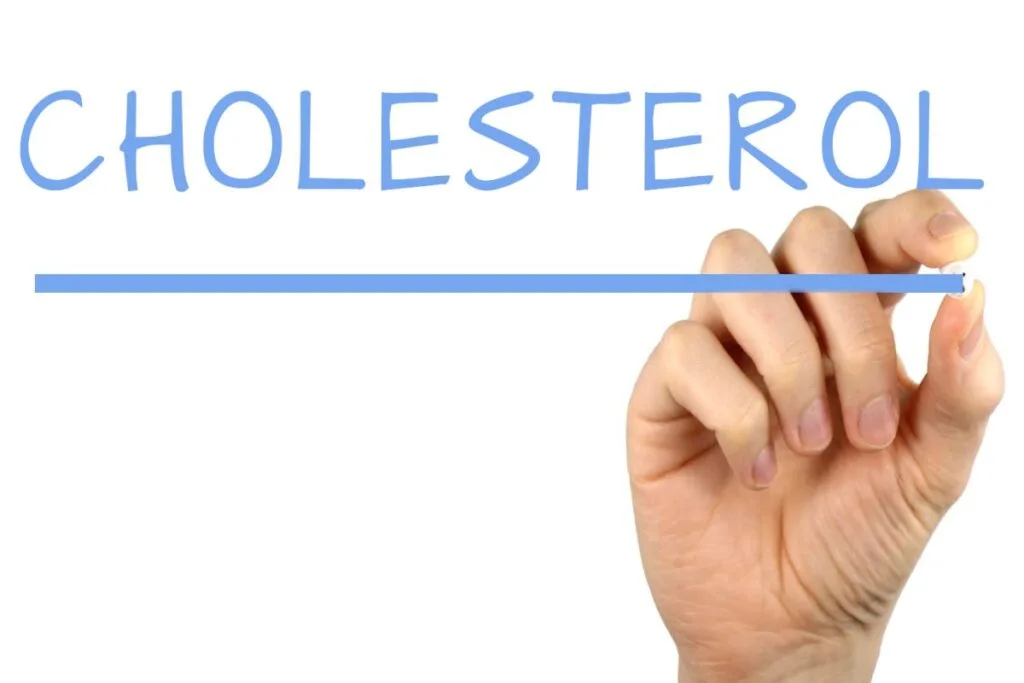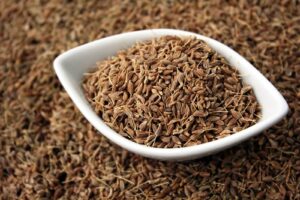In this extensive guide, we will delve into various natural approaches and lifestyle adjustments that can help you lower your cholesterol levels in a safe and effective manner. From dietary modifications to exercise routines, we will explore the science behind managing cholesterol and provide practical tips to promote optimal health.

Understanding Cholesterol
Cholesterol, a fatty, wax-like substance present in the body and certain foods, is essential for building healthy cells. However, high cholesterol levels can raise the risk of heart disease. There are two forms of cholesterol: LDL (low-density lipoprotein) and HDL. LDL cholesterol is commonly referred to as “bad” cholesterol because of its ability to build in artery walls, whereas HDL cholesterol is regarded as “good” cholesterol because of its involvement in eliminating LDL cholesterol from the arteries.
To effectively manage cholesterol levels, it is crucial to comprehend the significance of cholesterol in overall health. By making informed decisions regarding diet and lifestyle, you can take proactive steps towards naturally lowering your cholesterol levels.
Dietary Strategies for Lowering Cholesterol
One of the most impactful ways to reduce cholesterol levels naturally is through dietary adjustments. Including heart-healthy foods in your meals can significantly influence your cholesterol profile. Foods rich in soluble fiber, such as oats, beans, and fruits, can help decrease LDL cholesterol levels. Additionally, incorporating healthy fats like those found in avocados, nuts, and olive oil can enhance HDL cholesterol levels.
Limiting saturated fats and trans fats is essential for managing cholesterol levels. Foods high in these fats, such as red meat, full-fat dairy products, and processed snacks, can elevate LDL cholesterol levels and heighten the risk of heart disease. Prioritizing a diet abundant in whole grains, lean proteins, and fresh produce can support heart health and aid in naturally lowering cholesterol.
Exercise and Physical Activity
In addition to dietary changes, regular exercise and physical activity play a pivotal role in reducing cholesterol levels and improving cardiovascular health. Engaging in aerobic exercises like walking, jogging, or cycling can boost HDL cholesterol levels and lower LDL cholesterol levels. Strive for at least 150 minutes of moderate-intensity exercise per week to maximize the benefits on your cholesterol profile.
Incorporating strength training exercises, such as weightlifting or bodyweight workouts, can also contribute to effective cholesterol management. Building muscle mass can enhance metabolism and assist the body in regulating cholesterol levels. Combining cardiovascular and strength training activities in your weekly routine can amplify the effectiveness of your efforts to lower cholesterol.
Lifestyle Changes for Optimal Cholesterol Health
Apart from diet and exercise, lifestyle factors play a significant role in cholesterol levels and overall heart health. Quitting smoking and moderating alcohol consumption are vital steps in cholesterol management. Smoking damages blood vessels and contributes to plaque accumulation in arteries, while excessive alcohol intake can elevate triglyceride levels and lead to high cholesterol.
Managing stress through relaxation techniques like meditation, yoga, or deep breathing exercises can also support healthy cholesterol levels. Prolonged stress has been linked to increased cholesterol levels and heightened heart disease risk. Prioritizing self-care and stress management strategies can positively impact your cholesterol profile and overall well-being.
Natural Supplements and Remedies
In addition to lifestyle modifications, certain natural supplements and remedies can aid in maintaining healthy cholesterol levels. Plant sterols and stanols, present in foods like nuts, seeds, and fortified spreads, can hinder cholesterol absorption in the gut. Omega-3 fatty acids, abundant in fatty fish like salmon and mackerel, have been shown to lower triglyceride levels and promote heart health.
Garlic supplements, green tea extracts, and psyllium husk are popular natural remedies for reducing cholesterol. These supplements may exert mild effects on cholesterol levels and can complement a holistic approach to managing cholesterol. Consultation with a healthcare provider before initiating any new supplements is crucial to ensure safety and effectiveness personalized to your health needs.
Frequently Asked Questions
Q: Can diet alone lower cholesterol?
A: While diet plays a significant role in managing cholesterol levels, combining it with regular exercise, maintaining a healthy weight, and avoiding smoking are crucial for optimal cholesterol health.
Q: How soon can lifestyle changes impact cholesterol levels?
A: The timeline for observing changes in cholesterol levels varies among individuals. Generally, adopting healthy lifestyle changes can lead to noticeable improvements in cholesterol within several months.
Q: Are there specific foods that target LDL cholesterol?
A: Foods high in soluble fiber like oats, barley, and legumes are known to reduce LDL cholesterol levels. Including these foods in your diet can positively affect your cholesterol profile.
Q: Is medication necessary for lowering cholesterol?
A: In some instances, medication may be prescribed if lifestyle modifications alone are insufficient to lower cholesterol levels. Collaborating with a healthcare provider is key to determining the most suitable treatment plan tailored to individual needs.
Q: Can genetics influence cholesterol levels?
A: Genetics can play a role in cholesterol levels. If there is a family history of high cholesterol or heart disease, proactive management of cholesterol through healthy lifestyle choices is essential.
By integrating these strategies into your daily routine and making informed decisions about your health, you can effectively lower your cholesterol levels naturally and diminish the risk of heart disease. Remember that gradual changes over time can yield significant improvements in overall well-being.
Reference : http://www.webmd.com







